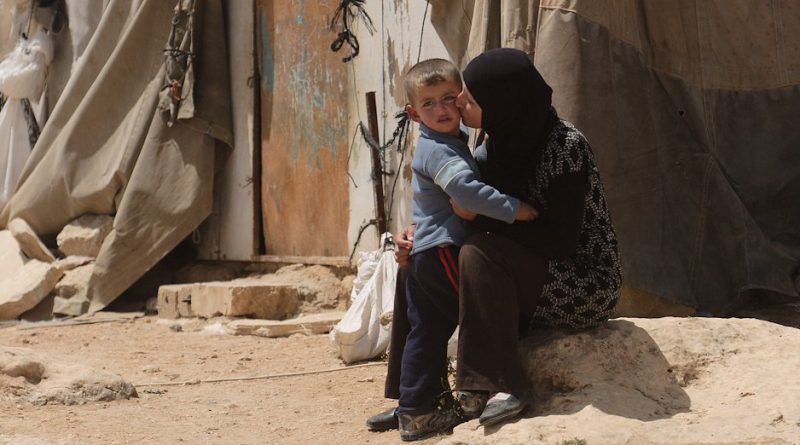Now Reading: Maharashtra becomes first state to enact law against social boycott
-
01
Maharashtra becomes first state to enact law against social boycott
Maharashtra becomes first state to enact law against social boycott
The Maharashtra Prohibition of People from Social Boycott (Prevention, Prohibition and Redressal) Act, 2016, received Presidential assent last week, paving the way for its implementation.
The new law disallows social boycott in the name of caste, community, religion, rituals or customs. Chief Minister Devendra Fadnavis has said that a “progressive state like Maharashtra” cannot allow social evils in the garb of caste panchayat diktats or rituals.
What amount to social boycott under the new law?
If any individual or group tries to prevent or obstruct another member or group from observing any social or religions custom or usage or ceremony, or from taking part in a social, religious or community function, assembly, congregation, meeting or procession, the act amounts to social boycott. So is challenging the freedom of individuals in the name of jati panchayats, religion, customs, or denying them the right to practise a profession of their choice. Freedom in this case includes the freedom to marry outside one’s caste, visit places of worship, wear clothes of one’s choice and use any specific language. Discrimination on the basis of morality, political inclination or sexuality also qualifies as social boycott. As does stopping children from playing in a particular space, or disallowing access to crematoria, burial grounds, community halls or educational institutions with mala fide intentions.
How does the Act seek to prevent social boycott?
A Collector or District Magistrate, on receiving information of the likelihood of unlawful assembly for imposition of social boycott can, by order, prohibit the assembly. Conviction of the offense of social boycott will attract a prison term of up to three years or a fine up to Rs 1 lakh, or both. Abetment by an individual or group will invite the same punishment. The offence of social boycott is cognisable and bailable, and will be tried by a Metropolitan Magistrate or a Judicial Magistrate First Class. To ensure speedy justice, trial would have to be completed within a period of six months from the date of filing the chargesheet.
Why was it felt necessary to have such a law in Maharashtra?
The decision was a reaction to pressures from growing incidents of atrocities on individuals by jati panchayats or gavkis wielding extra-judicial powers. The highest number of incidents were reported from the districts of Raigad, Ratnagiri and Nashik; and the largest number of cases of social boycott were provoked by inter-caste marriages. In 2013-14, Raigad reported 38 such cases. Prevailing laws are frequently challenged in the court, or loopholes are used to escape punishment. The new Act facilitates the framing of changes under Indian Penal Code Sections 34, 120-A, 120-B, 149, 153-A, 383 to 389, and 511 if there is concrete evidence to substantiate an accusation of social boycott.
Chief Minister Fadnavis, who took the initiative to work out a consensus among political parties, argued that Maharashtra, a state with a rich legacy of social reforms, could not allow social boycotts. According to Fadnavis, “The Act was required in the backdrop of prevailing atrocities inflicted on people in the name of tradition, caste and community. Social boycott will be dealt with an iron hand. The atrocities inflicted by a handful of people in the name of jaati panchayats or groups citing caste and community traditions will not be tolerated if it questions the dignity of a human being.”
What role did social organisations play in the passage of what is essentially a social reform legislation?
Four years ago, a campaign against social boycott received strong public support following the so-called “honour killing” of 22-year-old Pramila Khumbharkar. Kumbharkar, who belonged to a nomadic tribe and had married Deepak Kamble from a Scheduled Caste, was killed allegedly by her father when she was nine months pregnant. The slain rationalist Narendra Dabholkar had, months before his murder, begun a protest against social boycott. Earlier in May 2012, Rahul Yelange (30), who was part of a team from Pune that conquered Mount Everest, faced social boycott in his village Budruk in Raigad because his wife wore jeans. In Roha, there have been 22 cases of social boycott since 2010.








